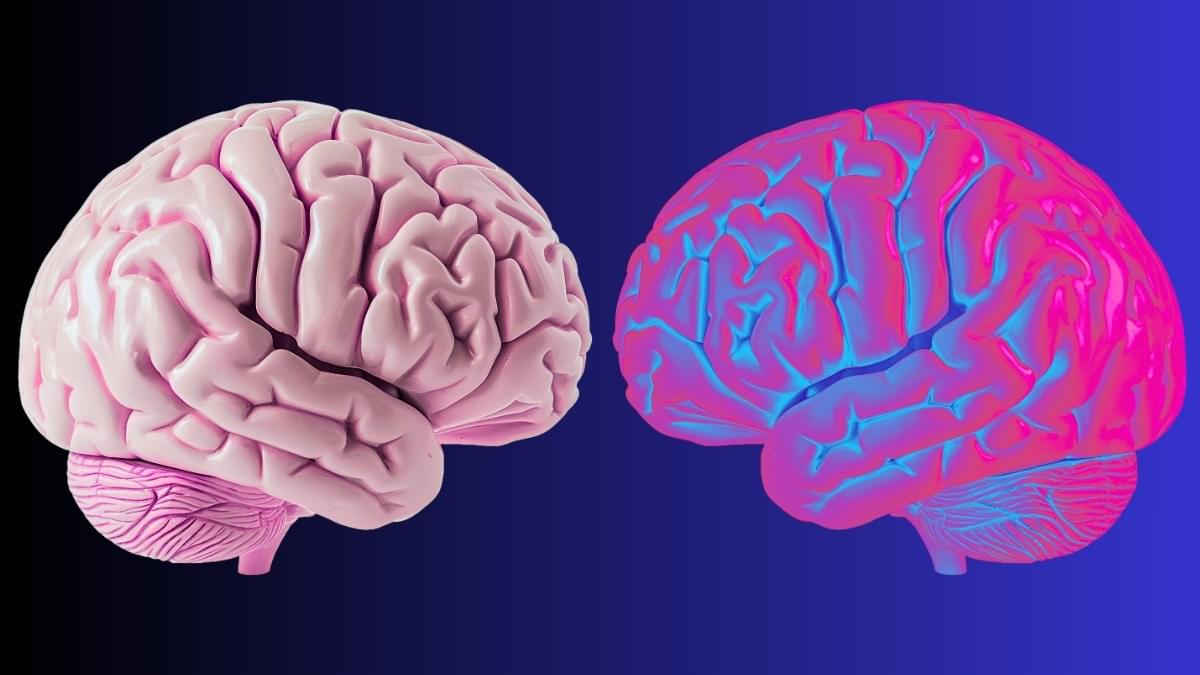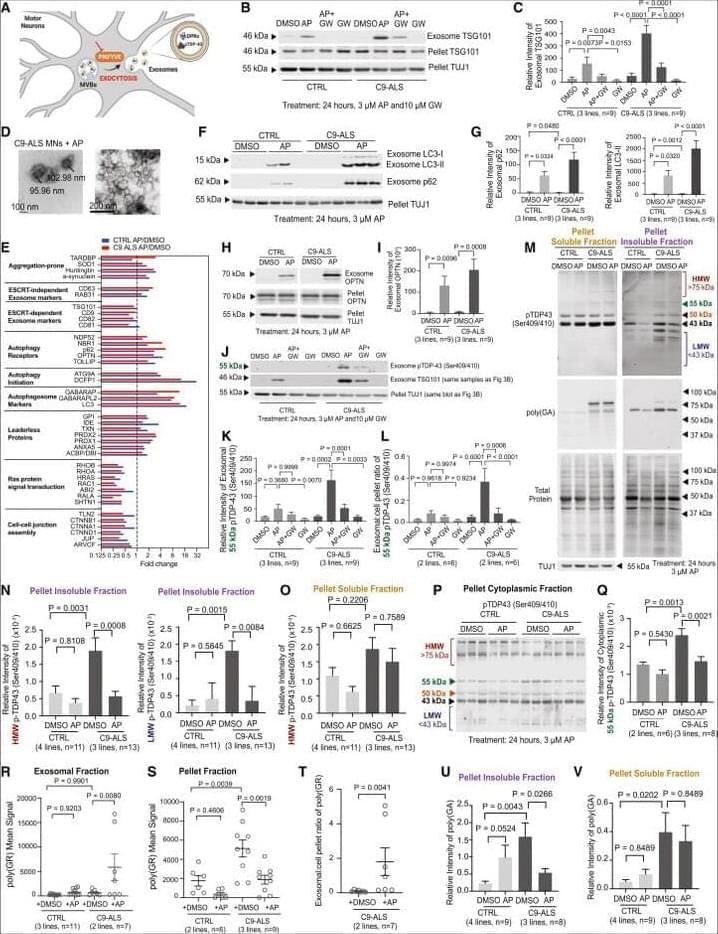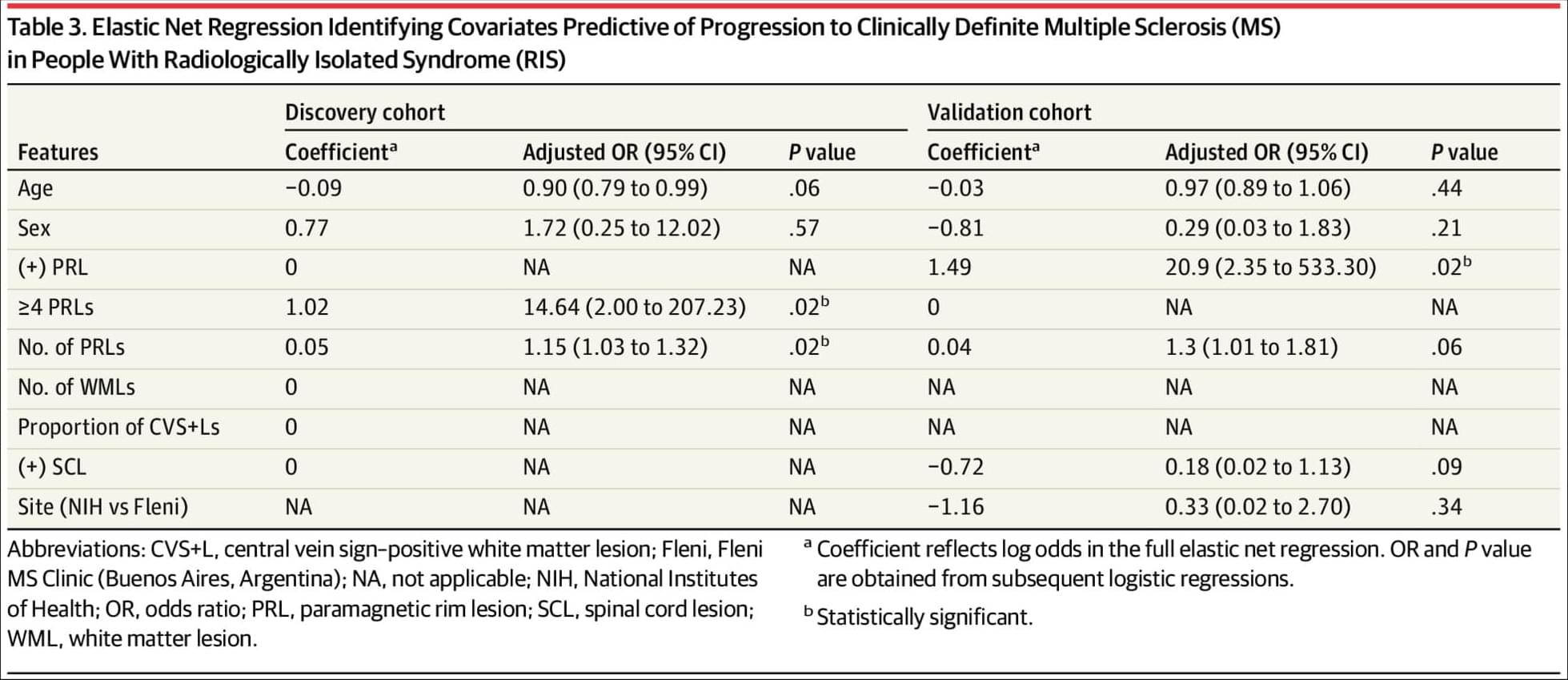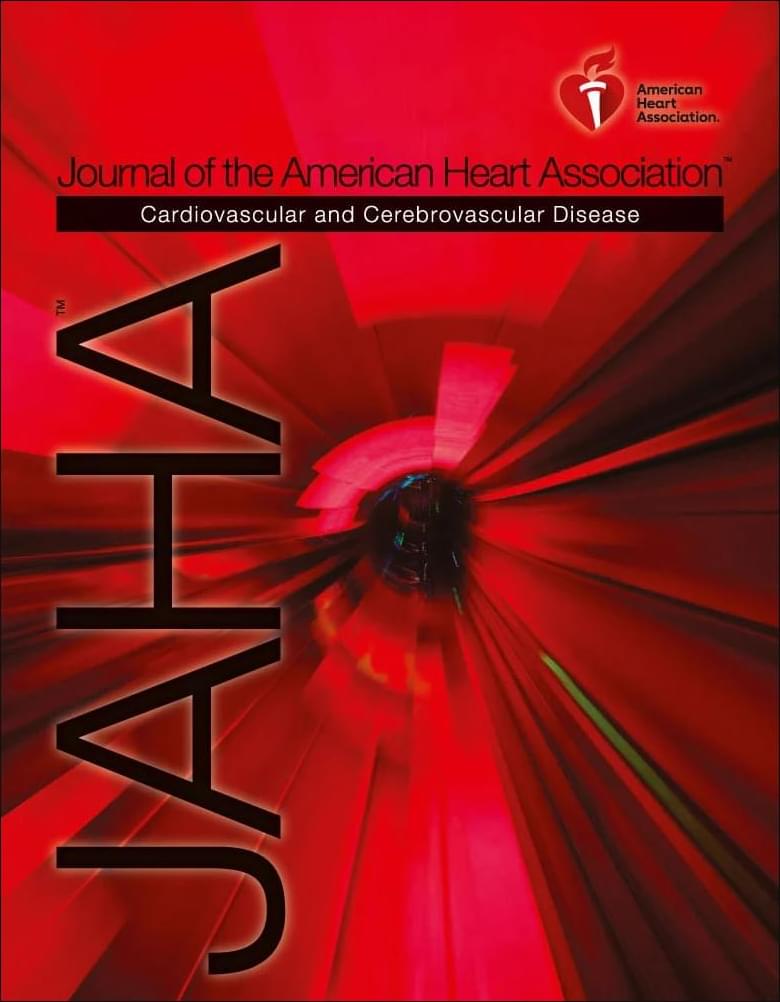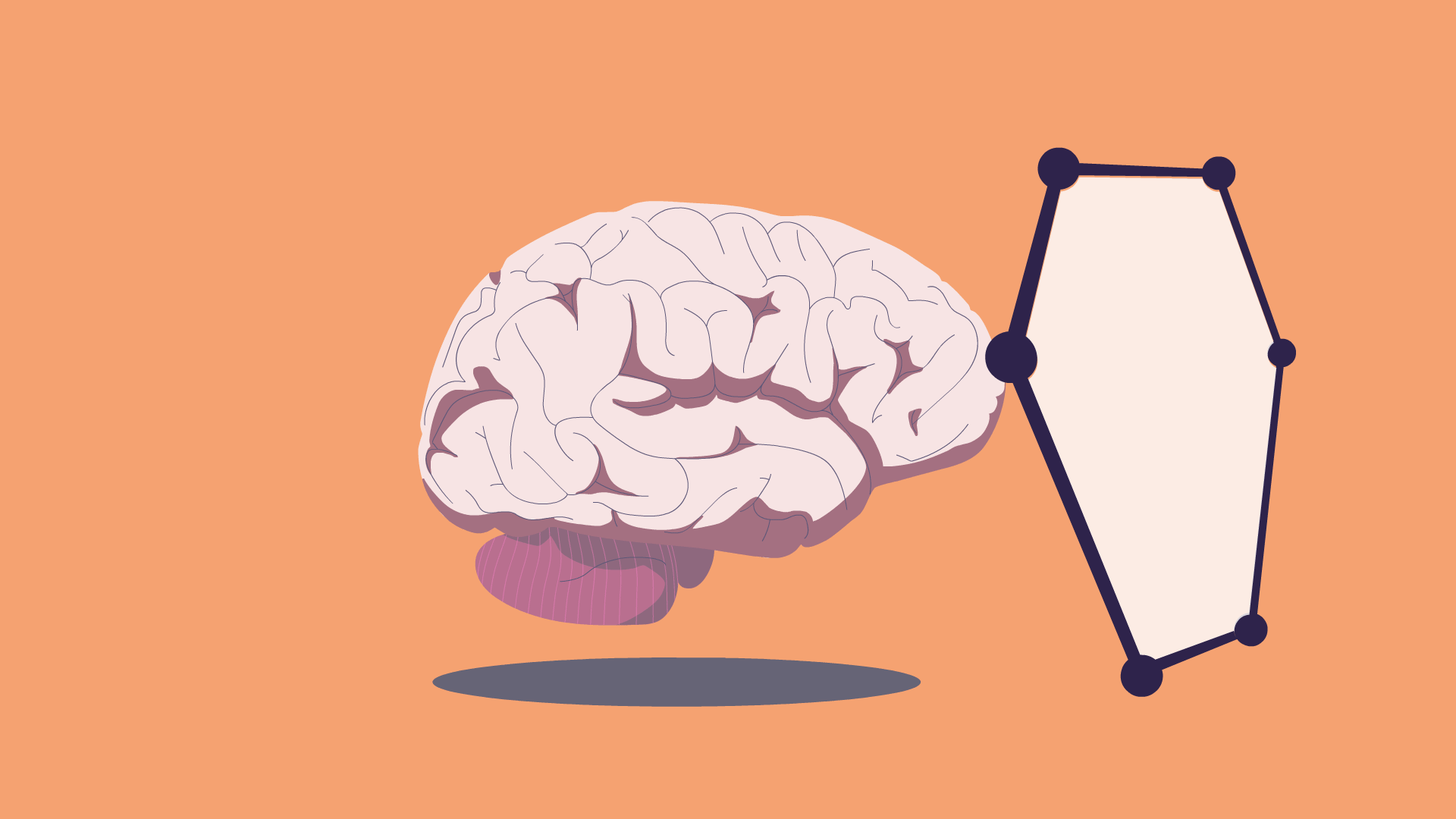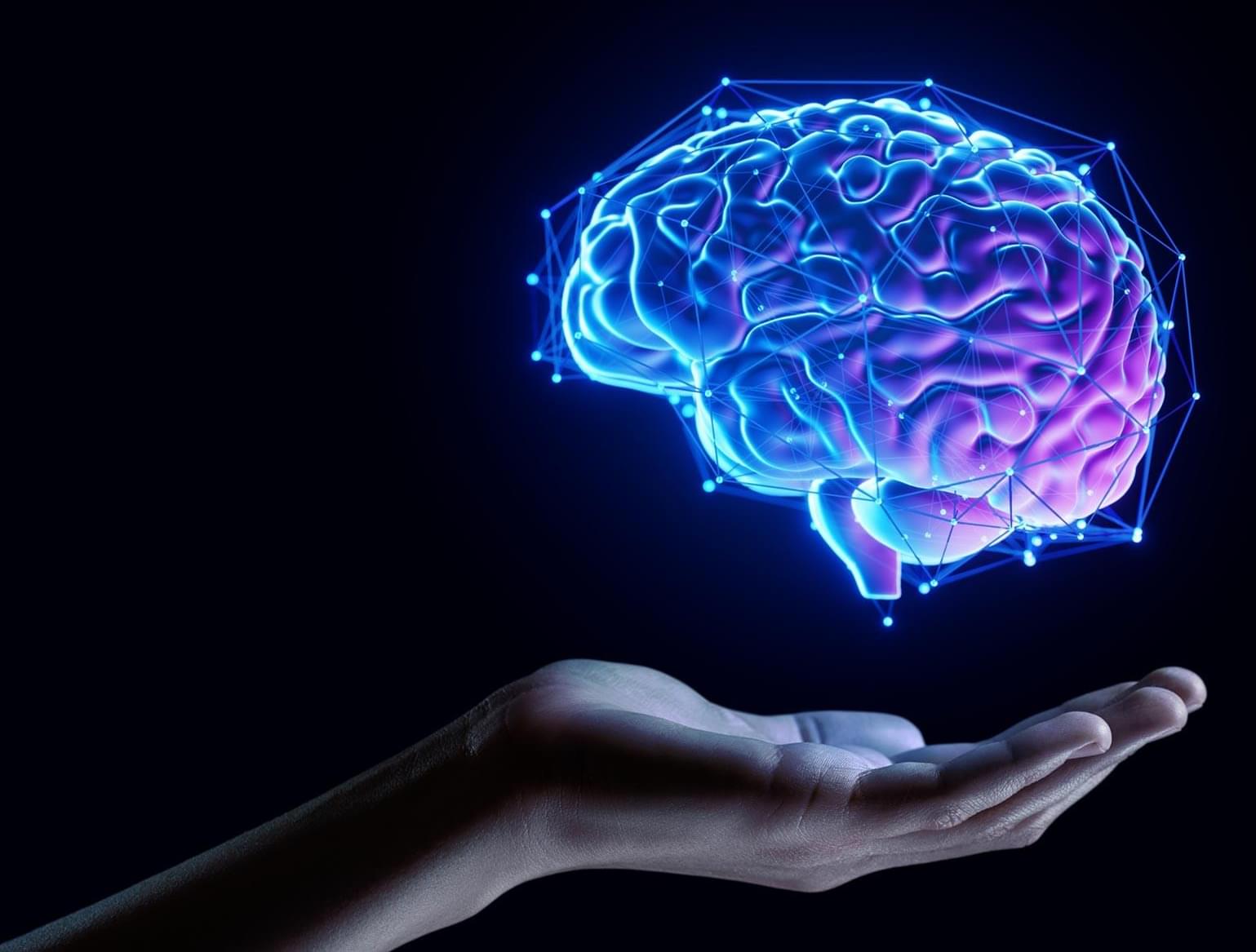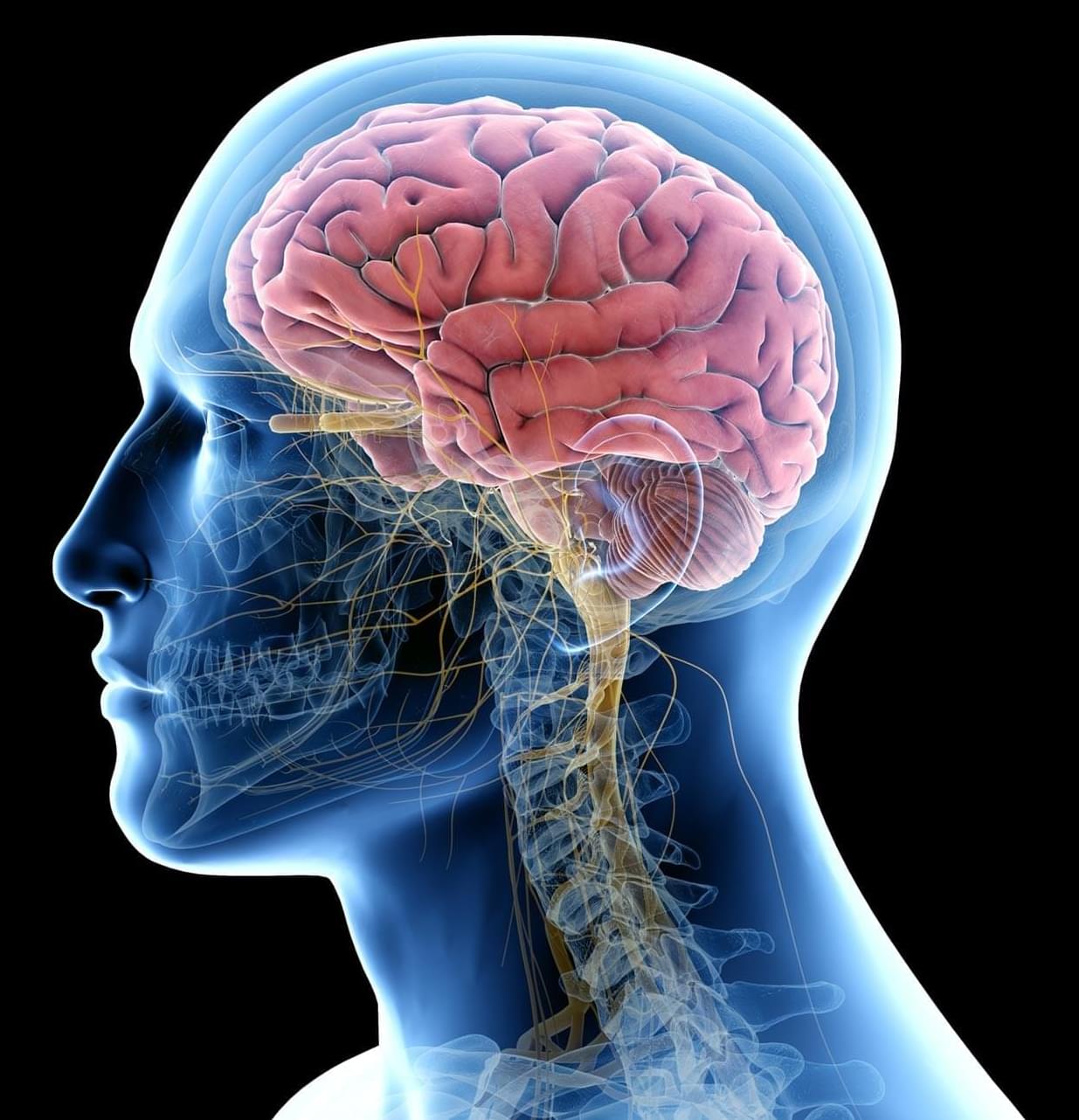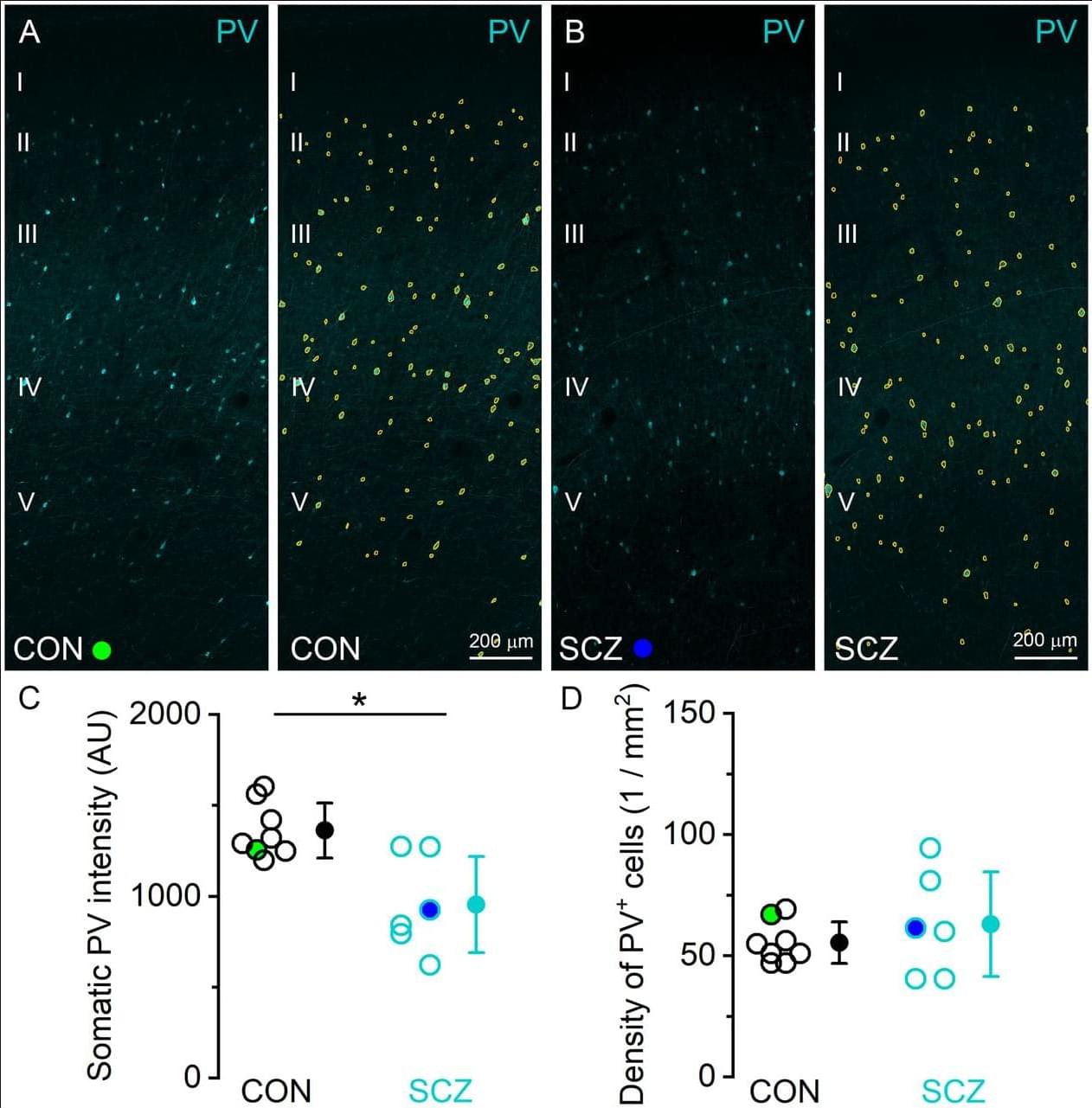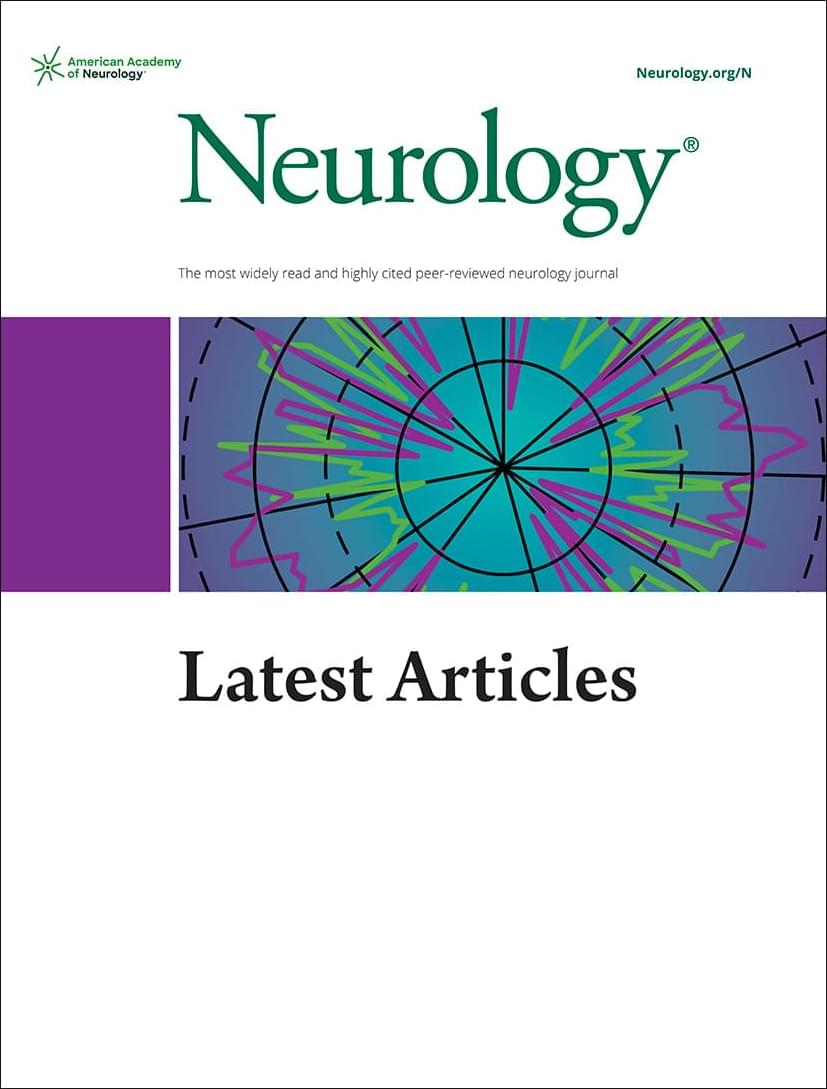At what point do “you” end and the outside world begins?
It might feel like a weird question with an obvious answer, but your brain has to work surprisingly hard to judge that boundary. Now, scientists have linked a specific set of brain waves in a certain part of the brain to a sense of body ownership.
In a series of new experiments, researchers from Sweden and France put 106 participants through what’s called the rubber hand illusion, monitoring and stimulating their brain activity to see what effect it had.
